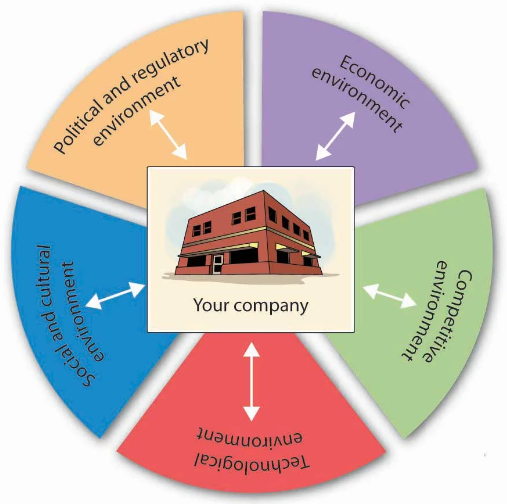Explore the intricacies of successful cross-cultural management in our comprehensive guide, “Unveiling Effective Management Approaches Across Diverse Cultural Landscapes.” Discover how adaptable leadership styles and real-world case studies showcase the importance of tailoring management strategies to diverse cultural contexts.
Introduction
In the globalized business landscape, management approaches play a pivotal role in determining the success of an organization. However, what works seamlessly in one cultural setting might not yield the same results in another. In this comprehensive guide, we delve into the intricacies of management approaches in various cultural places, deciphering the nuances that define success in each.
Understanding Cultural Contexts
Western Business Environments
In Western cultures, characterized by a strong emphasis on individualism and innovation, management often revolves around empowering employees. Leadership encourages open communication and values independent decision-making. The emphasis on meritocracy fosters a dynamic and agile work environment, promoting creativity and initiative.
ALSO READ: Unleashing The Power Of Artificial Intelligence In Business Operations

Asian Workplaces
Contrastingly, in Asian cultures, particularly those influenced by Confucian values, a more hierarchical structure is prevalent. Respect for authority and a collective mindset underscore the need for a harmonious workplace. Management in these settings prioritises team cohesion, with leaders acting as mentors and fostering loyalty.

Middle Eastern Corporate Culture
In the Middle East, where traditions and modernity often coexist, management blends authority with personal relationships. Respect for hierarchy is paramount, but interpersonal connections and trust are equally valued. Effective communication is marked by indirectness, and leadership is seen as a responsibility rather than a position.

Adapting Leadership Styles
Flexible Leadership in Diverse Environments
In today’s interconnected world, successful organisations recognise the need for flexible leadership. A one-size-fits-all approach is no longer viable. Managers must adapt their leadership styles to align with the cultural fabric of the workplace. This adaptability promotes inclusivity and ensures that the management approach resonates positively with employees.

Case Studies: Successful Management Across Cultures
Case Study 1: Multinational Corporation XYZ
Multinational Corporation XYZ exemplifies effective cross-cultural management. By fostering a corporate culture that appreciates diversity, they have successfully implemented a flexible leadership model. Employees feel empowered to contribute ideas, and decision-making is a collaborative effort transcending cultural barriers.

Case Study 2: Tech Startup in East Asia
A tech startup in East Asia has embraced a leadership style rooted in mentorship and team cohesion. The management approach acknowledges the cultural nuances, promoting a sense of belonging and loyalty among employees. This strategy has resulted in increased productivity and a harmonious work environment.

Challenges and Solutions
Overcoming Cross-Cultural Challenges
While adopting diverse management approaches is crucial, it comes with its own set of challenges. Communication barriers, differing expectations, and resistance to change can pose obstacles. However, organisations can navigate these challenges through investing in cross-cultural training, promoting cultural intelligence, and fostering a culture of mutual respect and understanding.

The Future of Cross-Cultural Management
Embracing Diversity as the New Norm
As businesses continue to expand globally, the future of cross-cultural management is promising. Organisations that proactively embrace diversity and invest in understanding cultural nuances will have a competitive edge. The ability to navigate diverse cultural landscapes will be a hallmark of successful leadership in the years to come.

Conclusion
In the dynamic realm of global business, effective management is not a one-size-fits-all concept. Tailoring approaches to suit the cultural context is imperative for success. By understanding and adapting to the nuances of diverse cultural places, organizations can foster a positive work environment, enhance employee satisfaction, and ultimately achieve sustainable growth.
Click here to check out the latest post on Instagram.
Also read: Top 5 Podcasts Every Future Business Owner Should Listen To
image source: google




































